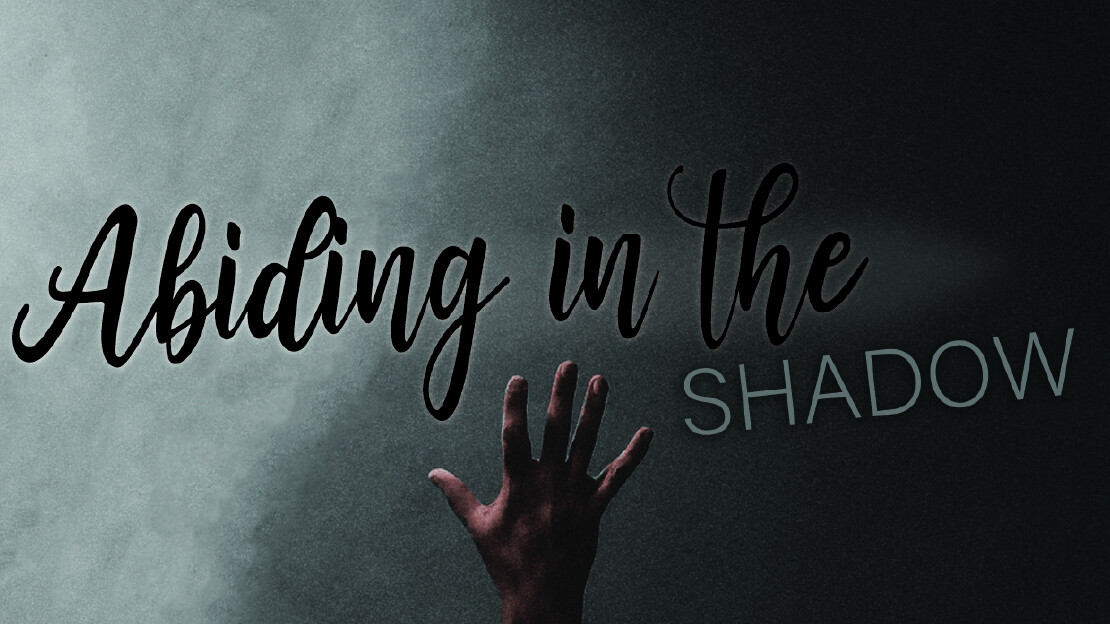

In the span between the first U.S. case of coronavirus in January and Pritzker’s shelter-in-place order, local authorities across the country tried to motivate social distancing without enforcing it, more or less by way of urgent suggestion. The rally cry was taken up by a few journalists who had eyes on the disease’s progress in China, but simply reporting numbers from across the globe did little to motivate populations that didn’t consider themselves vulnerable. The altruistic line worked with some: “You may not be vulnerable, but you might spread the disease to someone who is.” But I suspect what had people making space in their basements for a doomsday food supply was the sense that, no matter how small or large the death rate of people in their demographic might be, someone has to be that statistic.
Panic motivates far better than virtue. You can’t deny that it works. It’s hard not to have mixed feelings about a panic that empties Sam’s Club shelves but also flattens curves.
And the fear isn’t entirely misplaced. COVID-19 is fearsome, complete with fangs and claws. This has been nightmarish for many. God spare us the hospital overwhelm, the shortage of supplies, the scans of lungs shattered through with what looks like fiberglass. Authorities are criticized for offering the economy on the altar of health as employees are laid off, businesses suffer. Alarmists are talking about economic collapse. But who can find a perfect solution? Leaders who counted on becoming cushy career politicians, virtue signaling their way into the hearts of Americans everywhere, are now being tasked with what every leader dreads: an actual crisis.
We are tumbling down into what the Psalmist once called “the valley of the shadow of death.” Our nation, the world really, is afraid.
In a teaching that theologians call the Olivet Discourse, Jesus tells his disciples to abide in him, meaning to dwell in him. It’s a homey invitation. We think of throw blankets and fireplaces. We think of making our home in him, as he and the Father make their home in us. The metaphor Jesus uses is one of a branch stitched neatly into a vine: helpless if plucked out of its joint, but while connected, full of life, bearing fruit.
Who abides in Christ? It is the one who derives their life from Jesus. It is the one who trusts in Jesus. It is the one, as Jesus will go on to say, who keeps his commandments. In times of crisis, in the time of the shadow, our abiding in Christ is challenged by old habits. Fear may be the greatest challenger to faithfulness. But the command remains the same: abide.
As Jesus continues to teach, he tells the disciples that they will face the hatred of the world, persecution, that Jesus himself will be invisible to them. How can they abide in him in the face of their own crises?
Jesus goes on to tell them, and us, that we can abide in Jesus because he has overcome the world. Chaos may be out of our control, but it is not out of his. When we are exposed beneath the shadow of death like a rodent beneath the shadow of a hawk, we go to find shelter in the fact that Jesus reigns, that there are no competitors to his throne, that the worst that may happen will not disrupt his purposes in us and in human history, that Christ has put his foot on the neck of death itself, that the glory of God will cover the earth as waters cover the sea, and that we will see it.
In Psalm 91, a poem that has quite a bit to do with plague and epidemics (pestilence), the poet begins the first stanza with this phrase:
He who dwells in the shelter of the Most High
Will abide in the shadow of the Almighty
As Christians we retreat from one shadow to another. In times of shadow, we abide in Jesus by abiding in the shadow of God’s power and love. We find peace in the one who left us his peace. We retreat from the shadow of death into the shadow of the Almighty.
As a way of encouraging each other to abide in the shadow of the Almighty, we are starting an occasional blog series written by different folks in the congregation, sharing thoughts on what it is to abide in the shadow. We encourage you to read and receive comfort from the goodness, love, power, and kingship of God through these thoughts, testimonies, and prayers of your brothers and sisters at Trinity Community Church.
Love you all,
Mike



